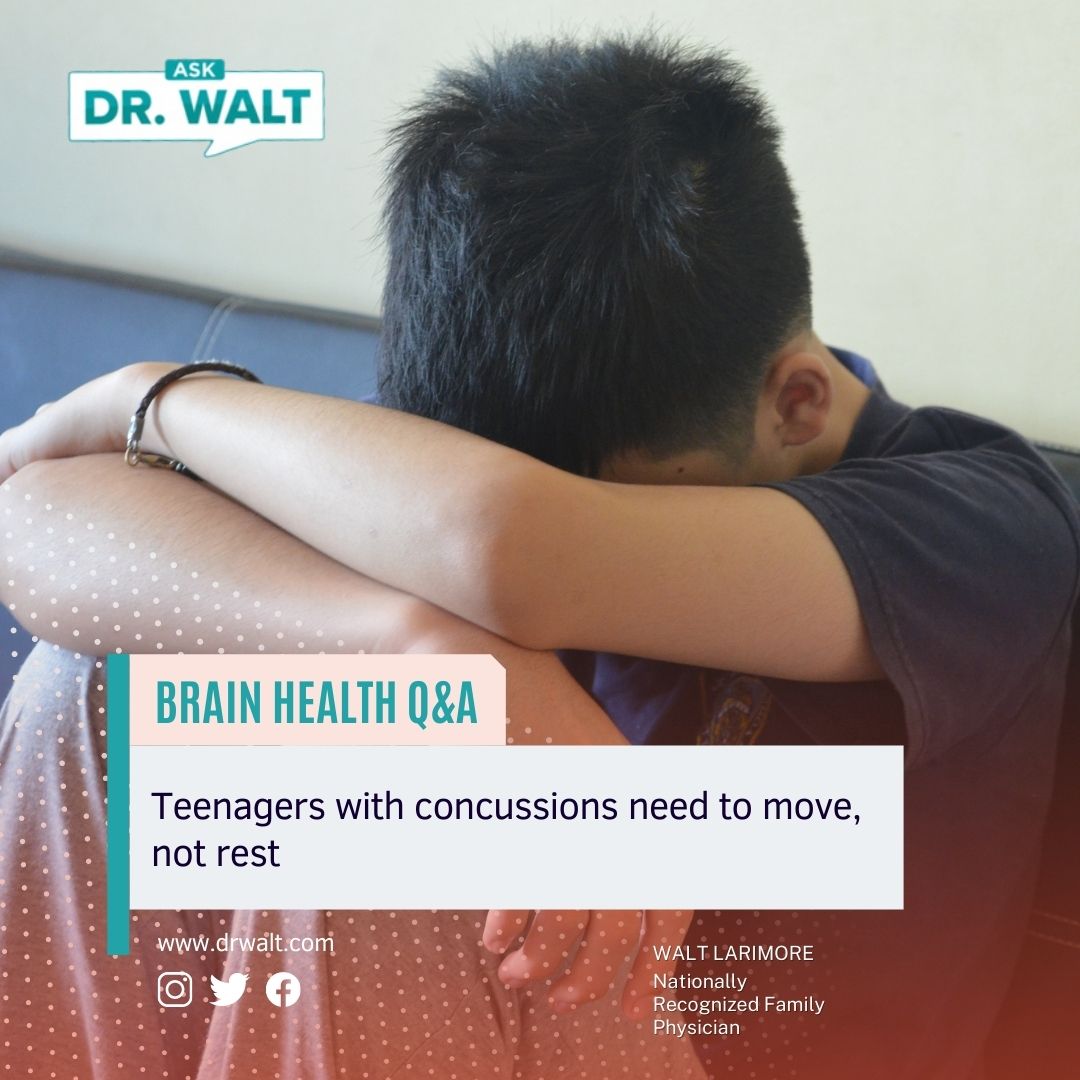“The Best Gift” is on a Black-Friday sale already
November 19, 2021
Teenagers with concussions need to move, not rest
November 29, 2021The U.S. Preventive Services Task Force (USPSTF) has for years recommended that middle-aged and older Americans consider taking low-dose aspirin to prevent a first heart attack or stroke. Based upon more recent studies showing that the risks may greatly reduce or cancel out the benefits, the expert group is planning to overhaul its guidelines. According to a draft recommendation, the USPSTF is now saying that “regularly taking low-dose aspirin – 81 milligrams to 100 milligrams a day – to prevent a first heart attack or stroke may have only a ‘small net benefit’ for people ages 40 to 59 who are at risk for cardiovascular disease.”
For those over the age of 60, the expert group now says that they “should no longer consider taking a daily low-dose or baby aspirin to prevent a first heart attack or stroke.”
This “announcement marks a change in the 2016 Task Force guidance that recommended aspirin therapy in certain men and women to lower cardiovascular risk.”
However, “more recent evidence suggests it also could cause harm, including bleeding in the stomach, intestines, and brain.”
In addition, the group “also plans to retreat from its 2016 recommendation to take baby aspirin for the prevention of colorectal cancer.”
There is an exception, and this is important. “This draft recommendation does not apply to people who have already suffered a heart attack or stroke. The task force still recommends that those people take aspirin preventatively.”
If you are taking a daily aspirin, or are considering it, be sure to discuss this decision with your personal physician.
More details are available at DrWalt.com.
© Copyright WLL, INC. 2021. This blog provides a wide variety of general health information only and is not intended to be a substitute for professional medical advice, diagnosis, or treatment from your regular physician. If you are concerned about your health, take what you learn from this blog and meet with your personal doctor to discuss your concerns.




